Copernicus, Leonardo da Vinci, Newton and Einstein were great visionaries who broadened our view of the universe and hence expanded our knowledge of reality and of ourselves. They did so by breaking established moulds and changing the scientific paradigm of their time. On a different scale, 5G ushers in a new era for industry, an activity that is vital to the world we live in.
A paradigm shift first requires a break with tradition and established models. This was established in 1962 by the American physicist and expert in the philosophy of science Thomas Kuhn, who in his influential treatise The Structure of Scientific Revolutions demonstrated that each advance, each step forward for humanity, first required a crisis and a clash with the previous models of knowledge.
This disruptive vision is behind the concept of 5G. The fourth industrial revolution is here thanks to a constellation of innovations that are coinciding right now. New mobile technology joins the development of Artificial Intelligence (AI) to support the Internet of Things (IoT), thereby revolutionising the management, business and production models of companies around the world. A hyper-connected world that will bring about a more efficient and productive industry.
In the 18th century, the steam engine was the factor that enabled a great leap forward in the production of goods. The arrival of electricity in 1870 revolutionised the assembly lines and established a new industrial system. The third revolution dates back to 1969, with the programming of machines and the arrival of computing in society, which led to what is now known as automation. Digitisation has opened the door to the fourth industrial revolution. “Industry 4.0” is a space in which the physical and digital world coexist.
Now 5G will entail a paradigm shift, with the exchange of a huge amount of data at unparalleled speeds. The application of this technology brings with it an improvement in productivity, efficiency and quality in industrial processes. With 5G technology we will see the deployment of private communications networks specifically dedicated to each segment or activity. Industries will enjoy secure and guaranteed communications and improved efficiency, combining them with building blocks such as artificial intelligence and robotics.
By way of example, the chemicals company BASF and the infrastructure and services operator Cellnex Telecom have agreed an alliance to install the first private network based on 5G technology in the Spanish chemical industry. The pilot project will actually be one of the first on the Spanish industrial scene. Cellnex will be commissioned to install and roll out this 5G network at BASF’s production centre at La Canonja, in Tarragona, on which various use cases related to the industrial operations of the plant will be developed.
BASF has identified 5G as one of the key technologies for its digital transformation process. Despite the fact that connectivity in the industry has been a reality since the early 90s, the leap into this new era will allow the development of new applications in important fields such as security and operations. This technology will facilitate progress on the Internet of Things (IoT), the implementation of Big Data, virtual and augmented reality, and artificial intelligence. Tarragona will also become one of the first 5G projects to be launched globally by the German multinational. So far, only Germany, Belgium and China have started similar projects.
A paradigm shift takes courage. Industry is one of the sectors that has the most to gain from the new range of opportunities that 5G offers. This is the time for pioneers.

